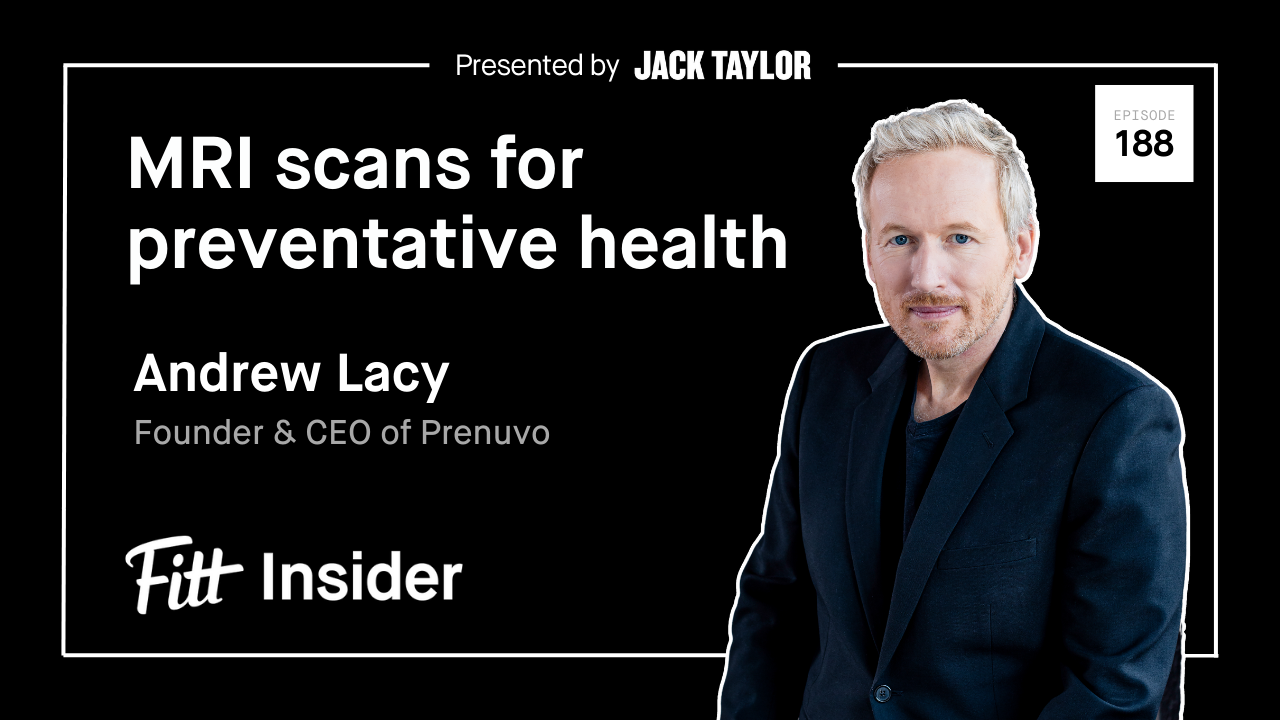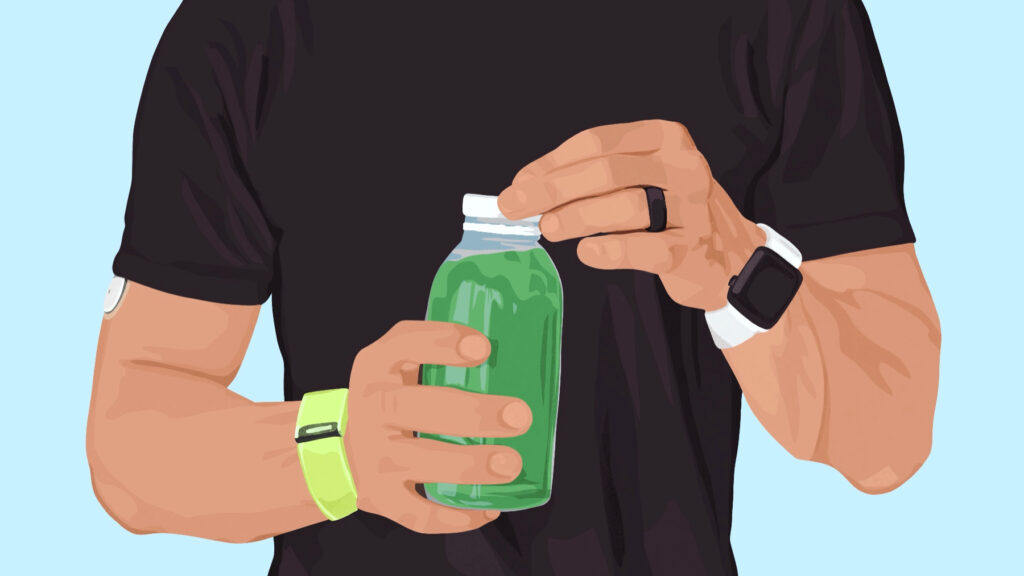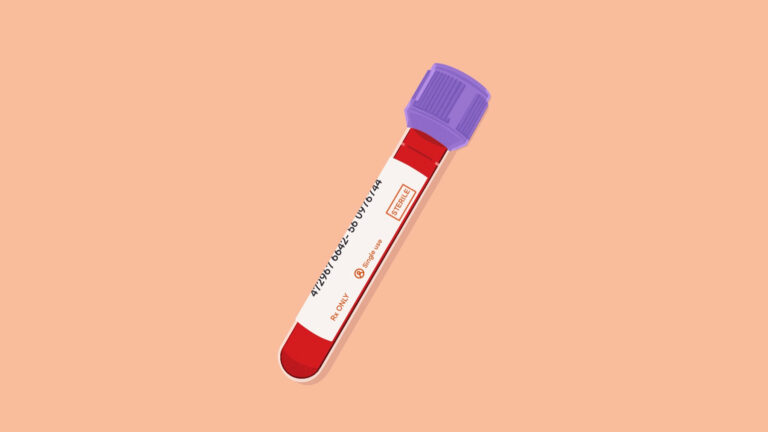Health optimization is making us less healthy.
Dialed In
A topic we return to often, the rise of tech-enabled, personalized health protocols promises to revolutionize well-being.
- The global fitness tracker market is expected to reach $139B by 2028.
- 63% of US adults use health apps; 39% own a smartwatch or fitness tracker.
- There are more than 350K health apps available worldwide, creating a $106B market.
On the bright side, from instructional videos and expert advice to data and dashboards, we’ve never had more tools at our disposal.
A potential problem, as innovation continues, creating the optimal routine at all costs is proving to be counterproductive.
Fueled by the proliferation of wellness, social media is a stream of influencer-led (and brand-sponsored) hacks for better skin, workouts, weight loss… you name it.
A step further, the pursuit of high performance revived the quantified self movement, ushering in the era of optimization. As a result, there’s an app for every wellness-related activity and a corresponding metric for every biomarker of health.
But, if devising the perfect regimen stifles progress or a lousy sleep score is stress-inducing, well, it may be time to rethink our approach.
Optimized or Obsessed?
Healthy habits like regular exercise can combat anxiety, but obsessing over them can have the opposite effect.
In fact, as the use of health wearables becomes more prevalent, researchers are raising red flags about fixating on optimization.
- Orthosomnia. Using tech to monitor shut-eye can lead to an overreliance on data, worsening insomnia.
- Nocebo effect. The opposite of a placebo, a negative smartwatch reading can make users feel unwell, despite being perfectly healthy.
- Dependency. Compulsive actions are taken to realize rewards (like closing activity rings), diminishing enjoyment and hindering adaptive habits.
Another issue, being neurotic about the numbers achieved on an app assumes those figures are accurate. But, as a recent NYT article points out, that’s not always the case:
“Don’t take [the numbers] too seriously, because all sorts of factors could be throwing them off — a loose wrist strap, a faulty sensor, or imperfect algorithms.”
Beyond wearable tech, trying to replicate the performative wellness practices that pervade every social platform will backfire — according to a recent study, too much “fitspiration” can be harmful to physical and mental health.
Quantified Self-Sabotage
Often undertaken with good intentions, efforts to optimize health may prove to be misguided.
On one hand, all the gadgets and protocols can be valuable tools, providing meaningful feedback to elicit behavior change or even identify symptoms of disease.
But, if the tools overtake our intuition, the journey of self-improvement loses a quintessential element. Because there’s a difference between knowing what to do and learning how to be, the data will always be incomplete.
Ultimately, as author and journalist Michael Easter explains, the problem with optimization is rooted in the belief that an optimal state exists:
“It’s impossible to optimize complex, constantly changing biological systems that are all different. And even if we could reach some sort of optimal state in some facet of our life, we’d never know it.”
Failing to realize this fact, Easter concludes, “can lead us to misery.”
Punchline: While the optimization industrial complex promises better results if you buy this product or follow that program, there’s no replacing the basics — like eating well, exercising regularly, and getting enough sleep. So feel free to chase perfection; just don’t be surprised if the pursuit is not worth the price.
🎙 On the Podcast

Prenuvo founder & CEO Andrew Lacy discusses the role of whole-body MRIs in preventative healthcare.
We also cover: using tech to overhaul sickcare and AI’s future impact on medicine.
Listen to today’s episode here
🎥 Peloton prioritizes content, downplays its bike
After teasing big changes earlier this month, Peloton unveiled its next chapter.
What’s new: Downplaying its smart bike, the company announced a rebrand, new app tiers, and an expanded content offering.
By adding three membership levels (free, $12.99 per month, and $24 per month), Peloton now offers five plans, not including its hardware rental program.
Plus, the company debuted Peloton Gym, providing programming and instructional videos to be completed at the user’s own pace as opposed to its typical class format. As the name suggests, Peloton expects its app to be used in a gym setting for strength-based workouts.
Beyond the bike. According to the company, the majority of workouts completed by Peloton members in the past quarter were non-cycling activities.
Combined with the fact that subscription revenue supplanted connected equipment sales over the same period, it’s no wonder why Peloton is betting the future of its business on content.
Looking ahead: Dubbed a “mobile gateway” by CEO Barry McCarthy, Peloton views its updated app as an on-ramp to its ecosystem. While the freemium offering may appeal to a broader audience, whether or not they upgrade to paid tiers will make or break McCarthy’s “good, better, best” strategy.
🤝 Strava reorients around clubs, community
The company is reimagining its activity tracking platform, introducing new features to help users be more social, online and off.
- A redesigned interface will enhance the experience for its 750K existing clubs.
- Improved functionality will enable larger group challenges by empowering organizers.
- Content integrations for video, routes, and activities emphasize engagement beyond competition.
According to chief business officer Zipporah Allen, the updated product vision establishes Strava as a “motivation machine,” adding:
“By reimagining how communities connect and engage, we are well positioned to transform how the digital experience of camaraderie, connection and even friendly competition translates to real life.”
Well-connected. Bolstering its community play, Strava also announced a partnership with Nike, allowing millions of Nike Run Club and Nike Training Club members to upload their activity to the platform.
Part of the deal, Nike will launch its own Strava Club, complete with challenges and content from its roster of world-class coaches and athletes.
Punchline: Hoping to strengthen its position as the “center of connected fitness,” Strava sees social features and integrated partnerships as value-adds, helping it convert more users to paying subscribers.
📰 News & Notes
- Equinox unveils luxury perks with Oura, others.
- January AI debuts predictive metabolic health app.
- Running brand Tracksmith opens NYC, London outposts.
- Barry’s partners with Therabody on in-studio recovery stations.
- Wahoo founder buys company back from banks, eliminates debt.
- Fitt Jobs: Top companies in the health & fitness industry are hiring.
- CrossFit partners with Spartan Race on co-branded training programs.
- Parsley Health adds employer-sponsored holistic women’s health services.
- Endel partners with UMG for artist-driven, AI-generated wellness soundscapes.
- ATHX readies new functional fitness competition. [Re-read: Fitness Racing’s Rise]
💰 Money Moves
- Health optimization platform Lifeforce closed $12M in a Series A round co-led by Peterson Ventures and M13.
- Vitabowl, a food-as-medicine meal prep business, secured $3M in a seed round.
More from Fitt Insider: Food as Medicine - Activewear retailer lululemon acquired a minority stake in Samsara Eco, an Australian performance textile recycling company.
- Faith-based app Hallow landed $50M in a round led by Goodwater Capital and will expand internationally.
More from Fitt Insider: The Church of Wellness - Dating app Bumble acquired Official, an app for couples to build healthy habits in relationships.
More from Fitt Insider: Relationship Wellness - TOCA Football, operator of tech-enabled soccer training facilities, landed an investment from England women’s national team captain Leah Williamson.
More from Fitt Insider: Sports & Rec - LRVHealth, a healthcare-centered venture capital platform, raised $200M for its fifth fund.
- Virtual neurology clinic Neura Health secured $8M in a seed round co-led by Koch Disruptive Technologies and Norwest Venture Partners.
- G.O.A.T. Fuel, makers of a health-focused energy drink, closed $5M in a seed round.
More from Fitt Insider: Liquid Gold - Chronic disease management care platform HealthSnap raised $9M in a Series A round
- Aesthetic skincare clinic Skin Pharm added a $15M investment from Prelude Growth Partners.
- Ingarden, a Germany-based startup seeking to replace dietary supplements with homegrown microgreens, raised €500K ($540K) in a funding round.
- Thrive Health Tech, creators of a healthcare-focused broadband network, raised $7M in a pre-seed round.
- Mediterranean fast-casual restaurant chain Cava filed for a $100M IPO.
- Plant-based food manufacturer Wicked Kitchen acquired alt-seafood maker Current Foods.
- All Y’alls Foods, maker of plant-based jerky, secured $1M in new funding.
Today’s newsletter was brought to you by Anthony Vennare, Joe Vennare, and Ryan Deer.






